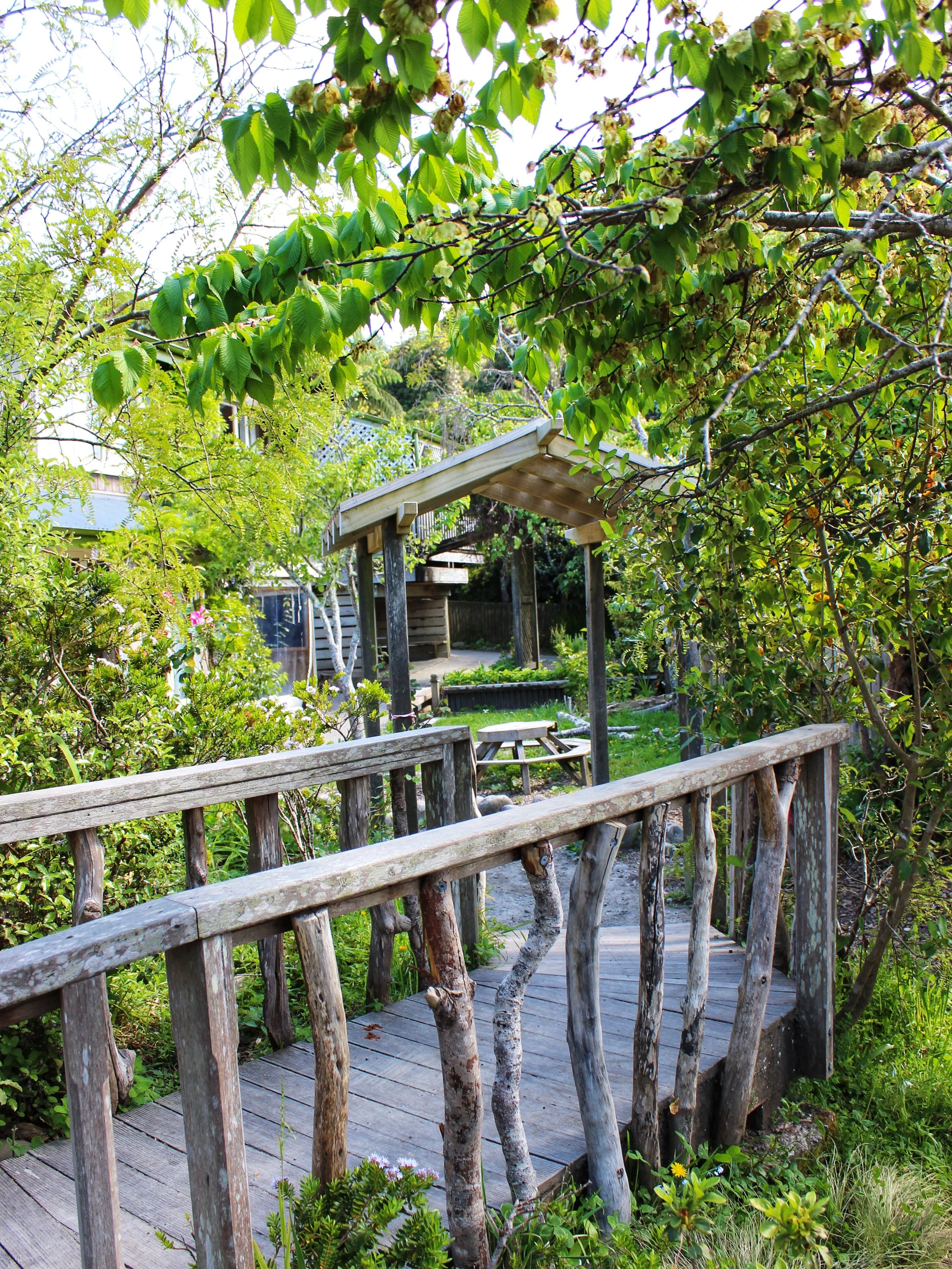Willing Feeling Thinking
Steiner Waldorf education seeks to integrate thinking, feeling, and willing into a balanced, holistic approach. Rather than isolating intellectual learning from emotional and practical development, Steiner Waldorf early childhood education and schools aim to nurture all three aspects simultaneously, recognising that they are interdependent and essential for a well-rounded individual.
Steiner Waldorf education is informed by anthroposophy which has a strong emphasis on holistic development, creativity, and moral education.
Developmentally Appropriate: The emphasis on willing, feeling, and thinking at different stages aligns with the child's natural developmental phases. By focusing on what is most relevant to each stage, Steiner Waldorf education supports healthy and natural growth.
Curriculum Design: The curriculum in Steiner Waldorf education is designed to reflect this balance.
Early Childhood: Activities like free play, nature walks, waiata, singing, and storytelling support the development of the will and provide nurturing sensory experiences.
Middle Childhood: Artistic activities, storytelling, and hands-on projects enhance emotional and imaginative development.
Adolescence: Rigorous academic subjects, debates, and independent projects stimulate intellectual and critical thinking abilities.
Learning Environment: The physical and social environment in Steiner Waldorf education also reflects these principles. Learning environments are aesthetically pleasing and filled with natural materials to support sensory and emotional well-being. The daily rhythm and structure help develop will and routine.
In Waldorf education, the integration of willing, feeling, and thinking creates a comprehensive and nurturing learning environment. By addressing these three aspects, Steiner Waldorf schools aim to educate the whole child, preparing them to be balanced, capable, and thoughtful individuals in the world.

